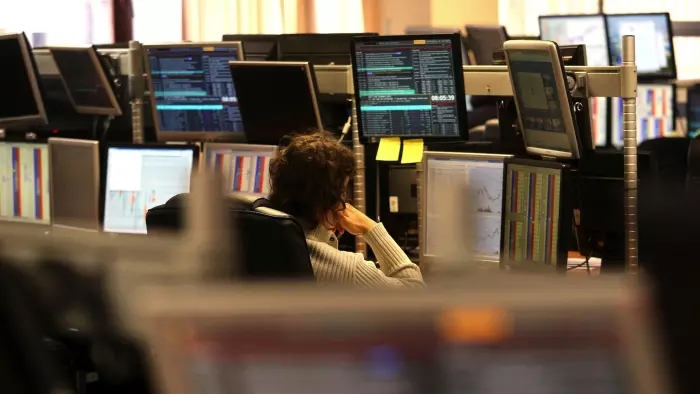
Global bond yields have stabilised overnight. After rising almost 20bps between Monday to Wednesday, the US 10 year Treasury yield has consolidated just under 1.75%. In Europe, government bond yields have fallen marginally as the market awaits the ECB meeting. Yesterday, NZ rates reacted to the sharp rise in offshore yields the previous evening, with the 10 year swap rising 5bps to 1.38%, its highest level since the day of the RBNZ’s August MPS.
There was no major economic data released overnight and the market focus is firmly set on the ECB’s Governing Council meeting tonight. The consensus among economists is for a 10bp cut to the ECB’s deposit rate and the announcement of a resumption to QE, with the median estimate for a €30b per month pace of bond buying. The market prices 14bps of rate cuts in for this meeting, implying an almost 50% chance that the ECB could cut by 20bps. The ECB is widely expected to accompany any rate cut with the adoption of a “tiering” system for bank reserves, whereby some portion of banks’ reserves will be exempted from the negative deposit rate, in order to mitigate the negative financial impact on the banking sector. The bond market’s focus is likely to be on whether the ECB restarts its QE programme and, if so, what the size of such a programme might be. Despite the recent rise in European and global rates, expectations for the ECB are still high (as evidenced by a 30 year German yield of 0%) and were it to disappoint market expectations on QE, the risk is for an extension in the recent bond sell-off.
Equity markets have risen overnight, with the S&P500 reaching its highest level since the start of August (and around 1% below its all-time high). There was little reaction to China’s announcement that it would exempt 16 goods from the first round of tariffs its levied on US imports last year. Crucially, soybeans and pork were not on the exemption list, as China tries to maintain some leverage in the trade negotiations.
The USD has exhibited broad-based strength over the past 24 hours and is up 0.2% to 0.3% in index terms. Ahead of the ECB meeting, the EUR has fallen back to 1.10, 0.3% lower on the day. USD/JPY has pushed up to 107.80, a six week high, helped by the higher level of Treasury yields. A Reuters report that BoJ policymakers were more open to easing at the monetary policy meeting next week amidst the global growth slowdown added some downward pressure to the JPY.
The NZD and AUD received a short-term boost yesterday afternoon after the Global Times editor tweeted that China would take measures to ease the impact of the trade war. The NZD immediately moved up from 0.6410 to as high as 0.6439, although those moves have since unwound after China announced that key agricultural imports like soybeans wouldn’t be on the exemption list. The NZD trades this morning just above 0.64.
Our NAB colleagues changed their call on the RBA yesterday and now expect the cash rate to fall 0.5% in February, at which point they expect the Bank to outline its plans on unconventional policy. Unless the government delivers a meaningful fiscal stimulus, they see a further cut to 0.25% by mid-2020 as likely, along with the adoption of non-conventional monetary policy measures. Relatedly, the RBA yesterday published answers to questions from the House of Representatives Standing Committee on Economics on unconventional policy. While saying such measures were unlikely, if the RBA had to adopt unconventional policy “the focus would likely be on reducing the risk-free interest rate … [which] would involve reducing the cash rate to a very low level and possibly purchasing government securities to lower the risk-free rate further out along the term spectrum.” The RBA’s emphasis on buying government bonds as a possible unconventional policy tool contrasts with the RBNZ, with Governor Orr having recently expressed a preference for negative rates over QE, were the need to ever arise.
Finally, oil prices have fallen again, with Brent crude oil off 3% overnight. The fall in oil prices came amidst reports that Trump had discussed easing sanctions on Iran to pave the way for a meeting with the Iranian president. Trump fired national security advisor John Bolton yesterday reportedly due to Bolton’s opposition to such a move.

We welcome your comments below. If you are not already registered, please register to comment
Remember we welcome robust, respectful and insightful debate. We don't welcome abusive or defamatory comments and will de-register those repeatedly making such comments. Our current comment policy is here.